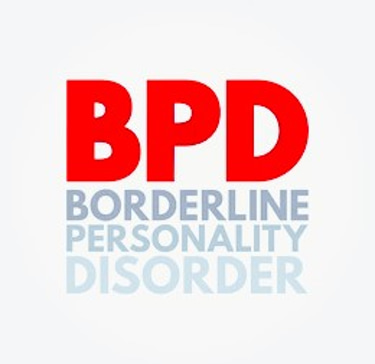Understanding Self-Harm in Individuals with BPD
G. Pacana
10/29/2023


One of the ways in which some individuals with BPD cope with their emotional pain is through self-harm, most notably "cutting".
Self-harm is a behavior that can be difficult for others to understand. It may seem counterintuitive or even alarming to intentionally cause physical harm to oneself. However, it is important to recognize that self-harm is not a cry for attention or a suicide attempt. Instead, it is often a desperate attempt to cope with overwhelming emotional pain.
So why do people with BPD engage in cutting and other forms of self-harm? There are several factors that may contribute to this behavior:
1. Emotional Regulation: Individuals with BPD struggle with regulating their emotions. They may experience intense emotions that feel overwhelming and unbearable. In these moments, self-harm can provide temporary relief by redirecting their focus from emotional pain to physical pain.
2. Self-Punishment: Many individuals with BPD have a deep sense of self-loathing and guilt. They may believe that they deserve to be punished for their perceived flaws or mistakes. Self-harm can serve as a form of self-punishment, allowing them to alleviate their guilt and feel a sense of control.
3. Emotional Numbing: Some individuals with BPD may engage in self-harm as a way to numb their emotions. By inflicting physical pain, they can temporarily escape from the overwhelming emotional turmoil they experience.
4. Communication: For some individuals with BPD, self-harm can be a way to communicate their emotional pain to others. They may struggle to express their emotions verbally, so self-harm becomes a visible expression of their internal struggles. The visible wounds may also serve as a validation of their internal struggles, making their suffering feel real and tangible.
5. Coping Mechanism: Self-harm can serve as a maladaptive coping mechanism for individuals with BPD. It provides a temporary sense of relief and distraction from emotional pain, even though the long-term consequences can be harmful.
While self-harm provides temporary relief, it is crucial to encourage individuals with BPD to seek professional help and develop healthier coping mechanisms to navigate their emotional struggles effectively. Support, therapy, and a safe, empathetic environment are vital in helping these individuals find healthier outlets to address their emotions and heal from within.
Copyright 2025 Psycnet, All Rights Reserved
